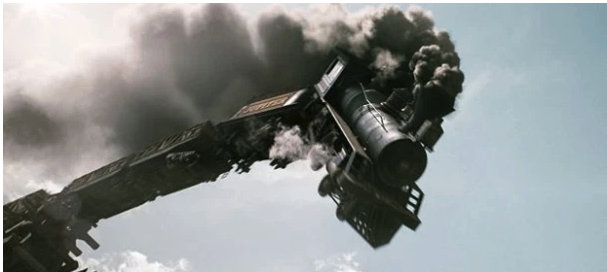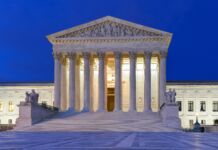
Choctaw Constr. Services LLC v. Rail-Life R.R. Services, LLC, 01-20-00216-CV, 2020 WL 7702186 (Tex. App.—Houston [1st Dist.] Dec. 29, 2020, no pet. h.) provides a glimpse of how COAs will handle application of the New TCPA (post the September 1, 2019 changes). The facts require a brief discussion. Rail-Life and Choctaw were competitors that provided railroad related work for Union Pacific. Rail-Life was created, apparently in secret, by former Choctaw employees. When Choctaw learned about Rail-Life the former employees were terminated, requiring them to return their UPac issued “eRailsafe badges” (badges created by UPac after the 911 attacks to comply with Homeland Security’s security requirements).
Rail-Life alleged that Choctaw made accusations to UPac concerning (1) improper use of Choctaw’s e-Railsafe badges; and (2) Rail-Life stealing Choctaw supplies. UPaC temporarily stopped Rail-Life from working on its existing projects, stopped it from bidding on new projects, and reading between the lines, ultimately ended the UPac/Rail-Life relationship. Rail-Life brought tortious interference with contract and business disparagement claims alleging that Choctaw lied to UPac about Rail-Life’s actions.
Choctaw filed a Texas-Anti-Slapp arguing that its reporting to UPac was protected free speech under RFS and RTP. The trial court denied the TCPA motion and the Houston COA reversed, ultimately determining that Choctaw established the affirmative defense of justification (Step 3 in a Texas-Anti-Slapp) to defeat the TIC claim, and that Rail-Life failed to establish all of the elements of business disparagement (Step 2).*
It does not appear that Rail-Life raised much of a challenge to whether the TCPA applied to its claims (Step 1). Because it is a de novo review, the Houston COA determined that Rail-Life’s allegations were based on Choctaw’s comments to UPac and implicated a “matter of public concern” under the “subject of concern to the public” definition. See Tex. Civ. Prac & Rem. Code § 27.001(7)). The COA reasoned that (1) railroads are a matter of public concern according to SCOTUS precedent; (2) violations of internal policies and procedures involving health, safety, and environmental risks are a matter of public concern according to prior Texas Supreme Court opinions; and (3) the nature of the e-Railsafe badges implicated matters of public concern:**
Like McDonald, Rail-Life’s communications to Union Pacific and its officers were based on or in response to Choctaw’s exercise of its right of free speech. Choctaw’s communications were in connection with a subject of public concern because they were about Rail-Life’s alleged failure to present eRailsafe badges under a policy implemented for safety and national security to reduce the risk of “terrorist attack on railroad carriers.” 6 U.S.C. § 1161(a). Communications about compliance with safety and security standards governed by state and federal laws are matters of public concern.
Because it has been long held that railroads are matters of public concern and because railroad carriers like Union Pacific are quasi-public entities engaged in the performance of public duties have enacted policies in compliance with state and federal laws to protect the public against risks of potential terrorist attacks, Choctaw’s communications were made in connection with a matter of public concern.
Given my home turf is the Dallas COA, I can already see the distinctions that it might draw to the Houston COA’s analysis here. But I’ll keep my powder dry on that issue.
Most importantly, anyone that thought www.antislapptexas.com had run out of rail because of the New TCPA has clearly missed the boat.
Only one day left for 2020 TCPA opinions. Unless something big breaks, my next post will cover some thoughts about the TCPA over the last 365 days.
*Nothing of particular to note on these evidentiary points (at least that I’ll give away for free).
**The Houston COA did not address the RTP assertion. This creates a potential delay assuming that the Texas Supreme Court takes this case up to add clarity to RFS, it could reject the Houston COA’s interpretation and simply remand for an analysis of RTP.






